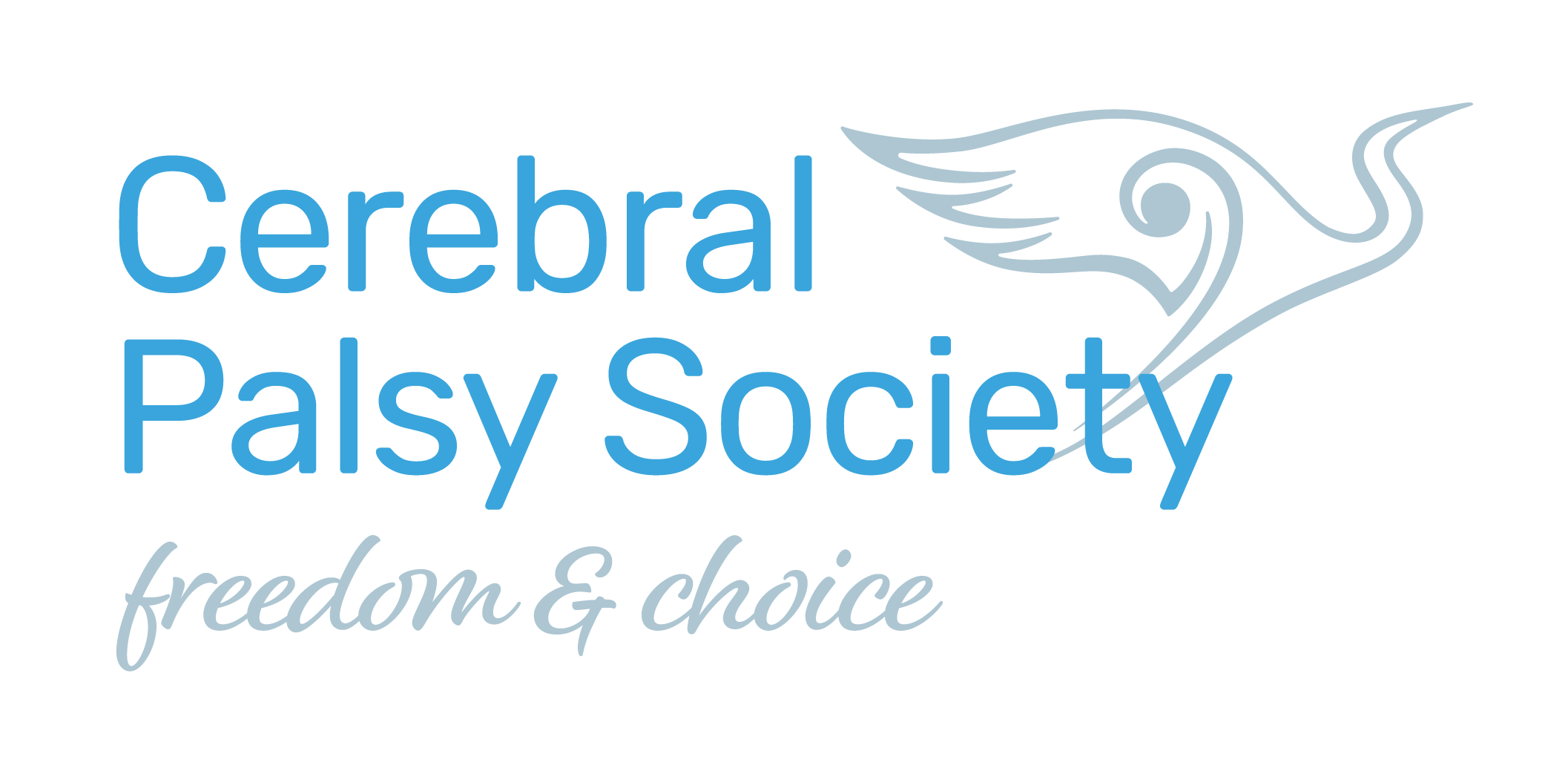Research
Impact of Memory Processing
15 Nov 2017
Recent research has indicated a possible link between Cerebral Palsy and difficulties with executive functioning â if you consider the brain an orchestra then executive functioning is the conductor.
Unsurprisingly, when researching the impact of Cerebral Palsy on memory processing in key education aspects such as basic numeracy the results were varied and complex. Perhaps the reason for such varied opinion was the acknowledgement revealed by related research papers that there have been few studies on this topic. The study of the impact of CP on memory processing is obviously in its infancy and therefore the tests carried out so far have not been standardized nor validated, and the studies have lacked methodological quality in inclusion and design of the study and statistical analyses.
Having said that the studies that have been conducted will serve as solid foundations for future investigations.
Revealed so far is the fact that CP children were at risk for specific executive function and working memory deficits that, when present, increase the risk for arithmetic difficulties in these children. That is the ability to understand process numbers and words correctly. Early identification is important when detecting problems in the processes of shifting, inhibition, and updating.
One recommendation is to test early numeracy skills prior to the beginning of formal arithmetic instruction. If a deficit of early numeracy skills is found, an effort could be made to teach these skills. Another recommendation is to develop strategies based on implicit learning which are effective and highly advantageous if CP children demonstrate sequence-learning skills â defined as a blend of implicit and explicit competencies. Also, impairments of non-verbal IQ and working memory updating, predicted future difficulties in both word-problem solving and reading. Motor learning problems can be due to impairments in visual perception, visuomotor processing, visual working memory, or execution of actions, and is most likely mediated by the method of learning, i.e. implicit or explicit.
In practical terms, this means that greater understanding of how children and adults living with CP struggle to process information will enable targeted strategies to be put in place so that individuals arenât disadvantaged by a lack of basic knowledge, before going on to more complicated equations.
A few definitions may be useful here for those who are unfamiliar with this area of research. Executive function is an umbrella term for cognitive processes that regulate, control, and manage other cognitive processes, such as planning, working memory, attention, problem solving, verbal reasoning, inhibition, mental flexibility, task switching, and initiation and monitoring of actions. Working memory is the ability to keep information in your mind for several seconds, manipulate it, and use it in your thinking. It is an essential brain function necessary for a wide-range of tasks related to attention and focus. It is central to concentration, problem-solving, and impulse control
To put it more simply Executive Functioning is the command and control centre of the brain. Your ability organise your thoughts effectively to complete a task such as completing a classroom assignment. For example, executive functioning allows the following steps to occur:
- I have a Maths Assignment due in two weeks
- The assignment means a particular grade in my overall year
- I need to apply what I have previously learned from class A and B
- These are the resources Iâm going to need to complete the assignment
- This is how Iâm going to approach each aspect of the assignment

